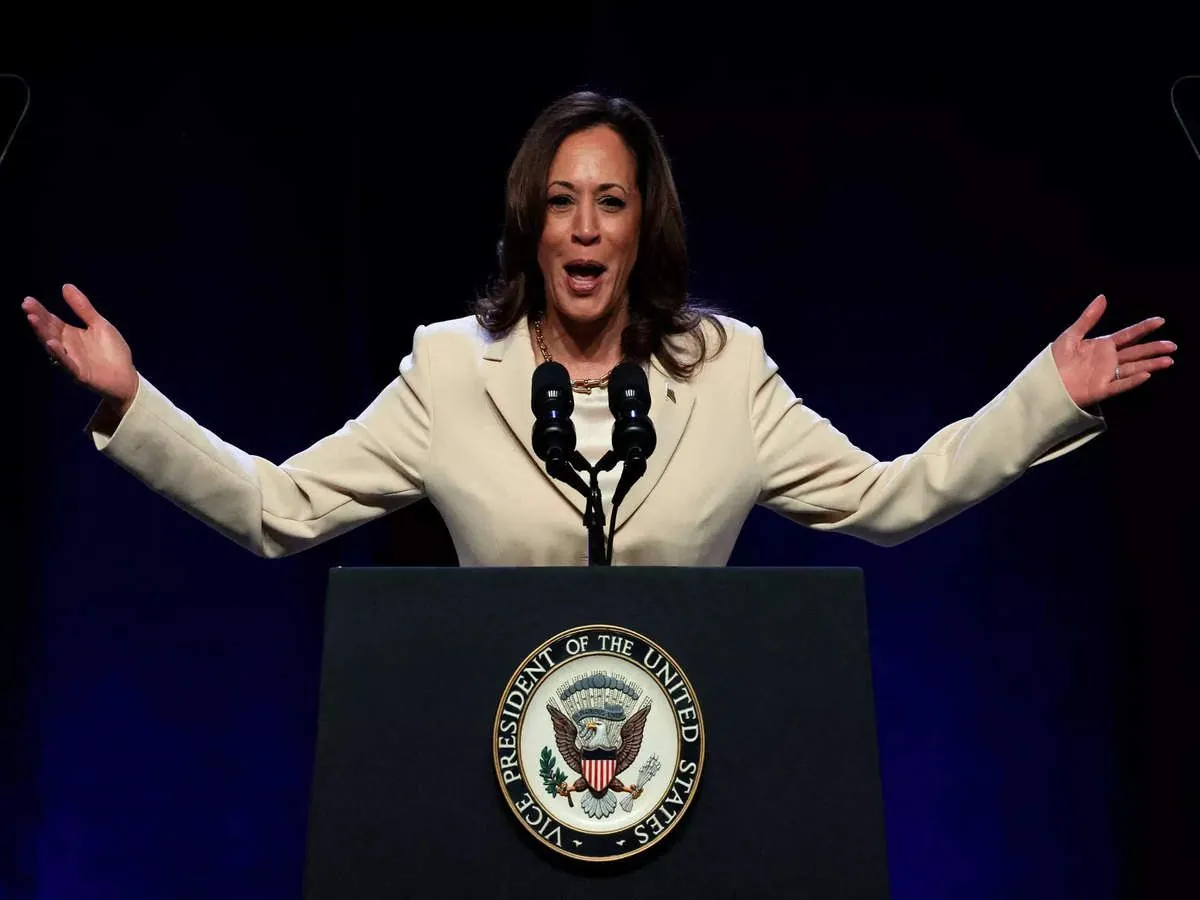In a recent wave of misinformation, Kamala Harris' 2019 comments regarding then-President Donald Trump's Twitter account have been misrepresented on social media platforms. Contrary to claims, the Vice President did not express intentions to shut down X (formerly Twitter) in the United States or comment on its current owner, Elon Musk.
The controversy stems from a CNN interview conducted five years ago, following a Democratic primary debate. During this debate, Harris, then a senator, had urged Elizabeth Warren to support her call for Twitter to suspend Trump's account. In the subsequent interview with Jake Tapper, Harris clarified her position on social media regulation.
"We're talking about a private corporation, Twitter, that has terms of use, and as far as I'm concerned and I think most people would say, including members of Congress who he has threatened, that he has lost his privileges and it should be taken down."
Harris emphasized the need for consistent rules across social media platforms and highlighted the importance of oversight for these influential entities. It's crucial to note that her comments predated Musk's $44 billion acquisition of Twitter in October 2022, which occurred three years after the interview.
The misinterpretation gained traction following Brazil's recent decision to suspend access to X within its borders. On August 31, 2024, the platform ceased functioning for most Brazilian users, following a ruling by Justice Alexandre de Moraes. This event, combined with Harris' old interview, led to the spread of false narratives.
Some social media posts erroneously claimed that Harris supported Brazil's actions and advocated for government censorship of social media platforms. These claims are unfounded and not supported by the original interview content.
The situation underscores the ongoing debate surrounding social media regulation and the responsibilities of these platforms. As the largest country in South America, Brazil's actions have drawn attention to the global nature of this issue. The incident also highlights the importance of fact-checking organizations in combating misinformation in the digital age.
It's worth noting that Twitter, now X, has a complex history with political figures. The platform banned Trump's account following the January 6, 2021 attack on the U.S. Capitol, citing violation of its "glorification of violence" rules. Musk later restored the account on November 19, 2022, after acquiring the company.
As social media continues to play a significant role in political discourse, the relationship between government officials and these platforms remains a topic of ongoing debate and controversy. The misinterpretation of Harris' comments serves as a reminder of the need for critical evaluation of information shared online, especially regarding public figures and their stances on digital policies.
